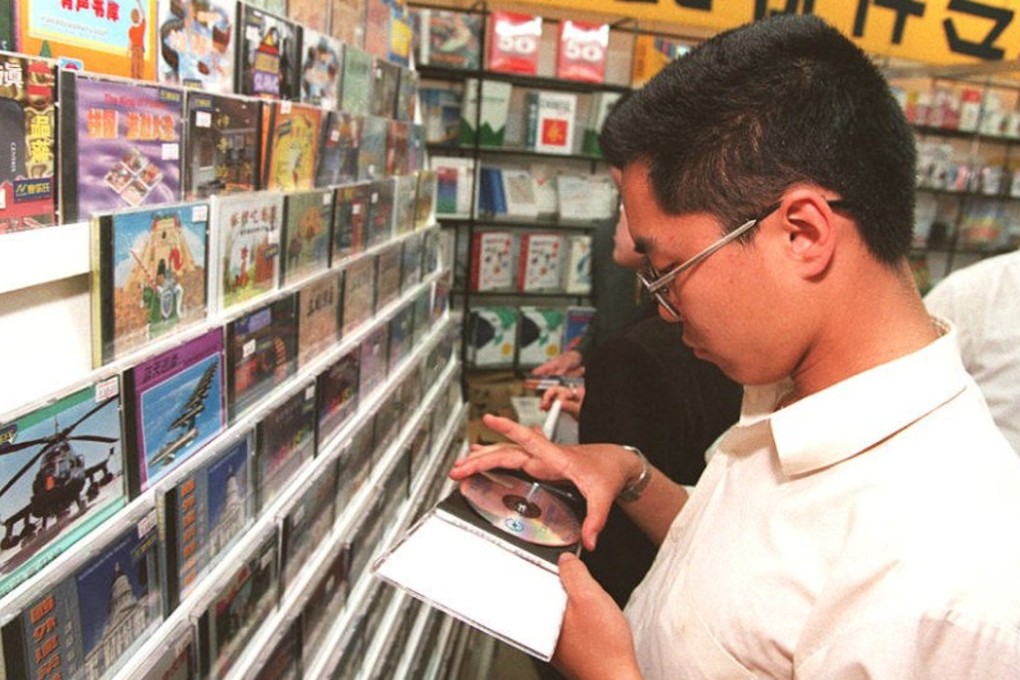How China’s rampant intellectual property theft, long overlooked by US, sparked trade war
The first article in a two-part series exploring the trade war between the world’s two superpowers argues we should have seen it coming: Trump made getting tough on China central to his election campaign, but media looked the other way

Imbi Plaza, a 1970s-era shopping mall on the fringe of the Bukit Bintang area of Kuala Lumpur, is a good place in which to start understanding how the United States and China came to be in a trade war in 2018. In its heyday, in the 1990s and early 2000s, Imbi was the Malaysian capital’s thriving bazaar of high-technology – a collection of shops selling computer hardware and accessories, and the software needed to run them.
The hardware was mostly real, though rumours hovered in the complex’s dank air of proprietors switching original personal computer (PC) components for cheaper ones, to make a little extra on the side.
Nobody worried about that with the software, though. It was all fake, and everybody knew it. If you wanted to drop US$200 on real software, go buy it somewhere else, sucker. Stores with rack after rack of poorly printed package covers on display offered pirated copies of virtually every program available. Need the latest Windows operating system? “Ten ringgit.” MS Office? “Ten ringgit.” Adobe Acrobat? “Why not get the multi-program Adobe suite?”
“Really? How much?”
“Ten ringgit. All three for twenty five.”
Every big city in Asia seemed to have an Imbi Plaza or two. And nobody did much about them.
I asked a lawyer friend, who worked for a large US software company in the region back then, why these places were not shut down. They were a nuisance, came the answer, and they were raided occasionally. But the industry’s real problem were the factories in China, where the production took place. The Chinese were not just making the pirated stuff sold at the Imbi Plazas of the region; they were knocking off discs, manuals and packaging, right down to the security holograms, pallets at a time, and selling this original looking software to government and corporate customers as the real thing. Suckers.
